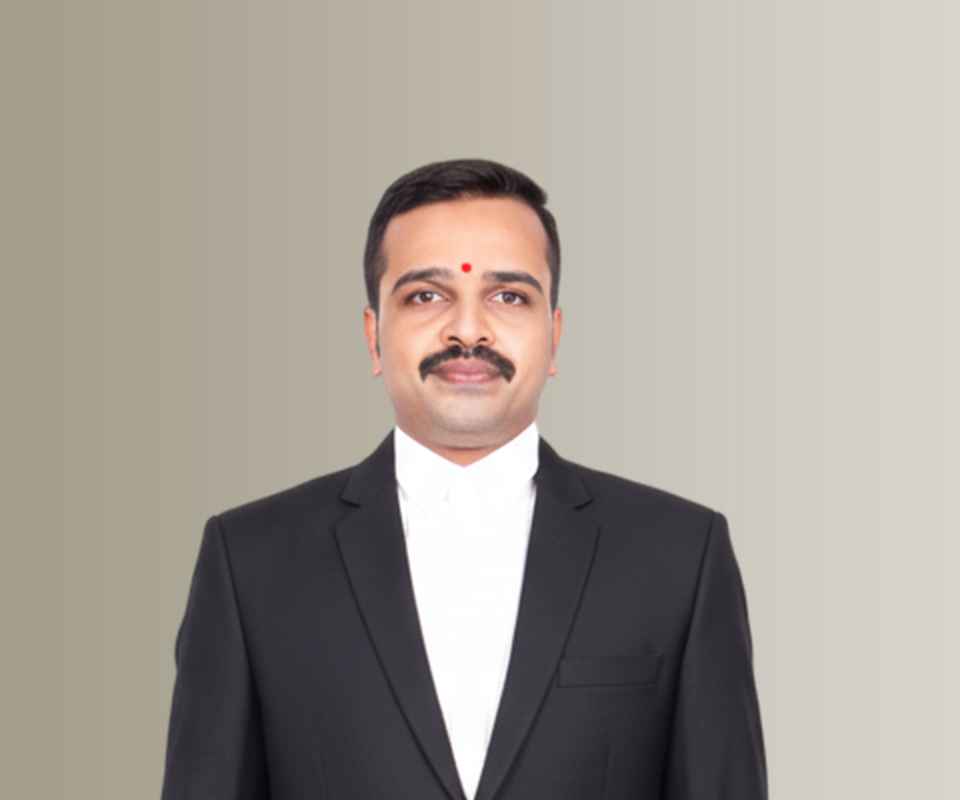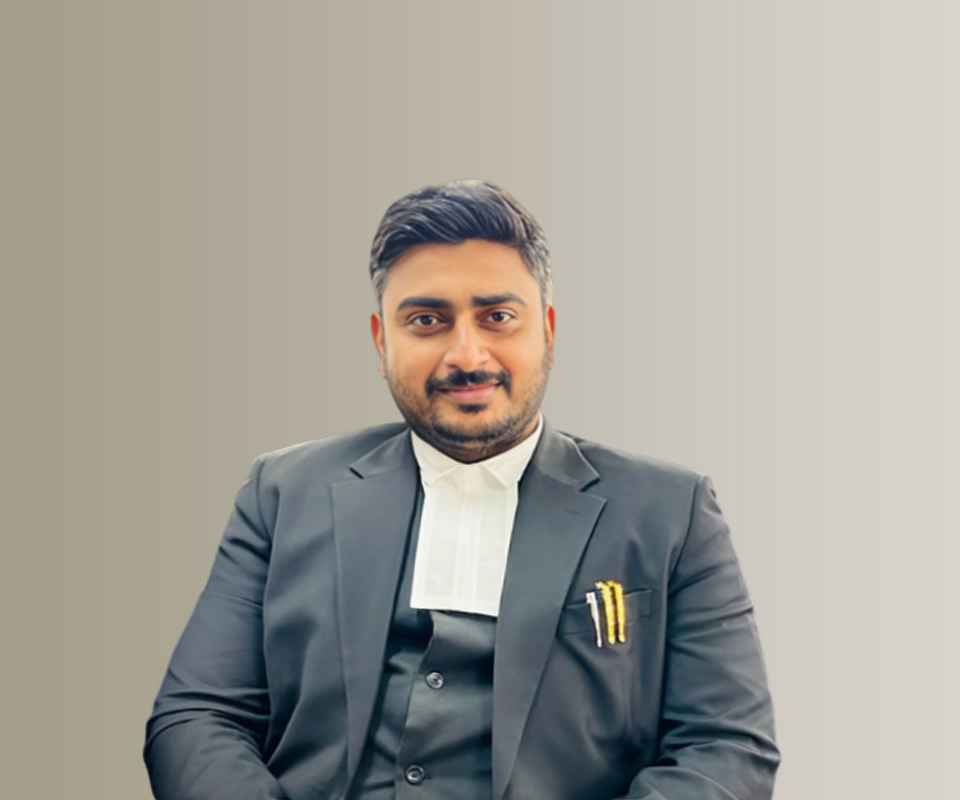Answer By law4u team
Yes, persons belonging to any religion whether they are Hindus, Muslims, Christians, Sikhs, Jains, Buddhists, Parsis, or even those with no religion can legally perform a court marriage in India. The concept of court marriage is established under the Special Marriage Act, 1954, which is a secular legislation that governs marriages between individuals irrespective of their faith. It allows people of different religions, castes, or backgrounds to enter into a valid marriage without the need to convert or perform religious rituals. The Special Marriage Act was enacted with the purpose of providing a legal framework for civil marriages where religion does not play any role. This Act continues to be in force even after the introduction of the new criminal laws Bharatiya Nyaya Sanhita (BNS), Bharatiya Nagarik Suraksha Sanhita (BNSS), and Bharatiya Sakshya Adhiniyam (BSA) because those laws mainly deal with criminal offences, procedures, and evidence, whereas marriage is a civil and personal law matter. Purpose and Nature of Court Marriage Court marriage under this Act ensures that the marriage is conducted before a Marriage Officer, following a legally prescribed procedure. It is simple, secular, and valid across India. The process is meant to protect the rights of both individuals and to prevent disputes regarding validity, dowry, conversion, or family opposition on religious or caste grounds. Unlike marriages conducted under religious laws - such as the Hindu Marriage Act, 1955, Indian Christian Marriage Act, 1872, or Muslim personal law (Nikah) a court marriage under the Special Marriage Act requires no religious ceremony or priest. The couple simply declares their intention to marry before the officer and witnesses, which makes it completely free from religious influence. Eligibility Conditions For a court marriage, the following essential conditions must be fulfilled: 1. Age requirement: The groom must be at least 21 years old, and the bride must be at least 18 years old. 2. Monogamy: Neither person should have a living spouse at the time of marriage. If either is already married, the earlier marriage must be legally dissolved. 3. Free consent: Both individuals must give their consent voluntarily and be of sound mind. 4. Prohibited relationships: The parties must not be within prohibited degrees of relationship as defined in the Act, unless their custom allows it. 5. Residency: At least one of the parties should have resided in the area where the notice is given for not less than thirty days. Procedure of Court Marriage 1. Notice of Intended Marriage The first step is to submit a written notice of intention to marry to the Marriage Officer of the district where either of the partners has resided for a minimum of 30 days before giving the notice. The notice includes personal details of both individuals. 2. Publication of Notice After receiving the notice, the Marriage Officer displays it publicly at his office for 30 days. This is done to allow objections, if any, to be raised by anyone who believes the marriage would contravene the law. 3. Objections and Inquiry If an objection is raised within the 30-day period, the Marriage Officer examines it and conducts an inquiry. If the objection is found invalid, the marriage proceeds. If valid, the marriage cannot be solemnized until the issue is resolved. 4. Solemnization of Marriage If no objection is raised or if it is dismissed, the marriage can be solemnized after the completion of the 30-day notice period. The couple, along with three witnesses, appears before the Marriage Officer and signs a declaration that they are marrying of their own free will. 5. Marriage Certificate Once the declaration is signed and the marriage is solemnized, the Marriage Officer enters the details into the Marriage Certificate Book and issues a Marriage Certificate. This certificate serves as conclusive proof of the marriage and is legally valid throughout India. Legal Recognition and Benefits A marriage solemnized under the Special Marriage Act has the same legal recognition as any marriage conducted under personal laws. The couple gains all legal rights and obligations of husband and wife, such as inheritance, maintenance, legitimacy of children, and divorce rights under the same Act. The marriage is also recognized for purposes such as passport, visa, and other legal documentation. Religious and Social Neutrality The most important feature of court marriage is that no religious conversion is required. For instance, a Hindu and a Muslim, or a Christian and a Sikh, can marry without changing their religion. The Act respects the freedom of religion guaranteed under Article 25 of the Indian Constitution and upholds the secular spirit of the country. It provides legal protection for interfaith and intercaste marriages, ensuring that personal choice is not restricted by community or family pressures. Conclusion To sum up, any person of any religion can perform a court marriage in India. The Special Marriage Act, 1954, provides a complete and independent framework for solemnizing and registering such marriages. It is a modern, secular, and legally safe way to marry for those who wish to avoid religious ceremonies or belong to different faiths. The marriage conducted under this Act is valid, recognized, and enforceable by law throughout the country.









